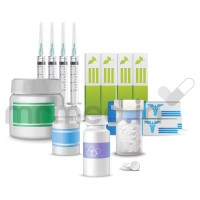Biotum 1gm Injection contains an active component as Ceftazidime. It is an antibiotic medication that belongs to the class of drugs known as cephalosporins. This medication has a broad spectrum of activity against Gram-negative bacteria, including Pseudomonas aeruginosa, Klebsiella species, Escherichia coli, Proteus species, and many others. It is commonly used to treat various bacterial infections caused by susceptible organisms. It is used in treating lower respiratory tract infections, skin and skin structure infections, bone and joint infections, urinary tract infections, gynecologic infections, bacterial septicemia (bacterial infection entering the bloodstream), abdominal infections, and central nervous system infections caused by various strains of bacteria. This medicine can be combined with other antibiotics to create synergistic effects, enhancing the overall effectiveness of treatment in certain cases.
Individuals with a known allergy to cephalosporin antibiotics or penicillin antibiotics may have an increased risk of allergic reactions to Biotum 1gm Injection. It is primarily excreted through the kidneys. Patients with impaired kidney function may require dose adjustments or close monitoring to avoid potential side effects or toxicity. This can sometimes cause gastrointestinal disturbances such as diarrhea, colitis, or pseudomembranous colitis. Patients with a history of gastrointestinal diseases should be monitored closely while taking this medication. Some formulations of Biotum 1gm Injection may contain ingredients not recommended for use in newborns and infants. Always check with a pediatrician before administering any medication to young children.
- Respiratory tract infections
- Urinary tract infections
- Bone and joint infections
- Gynecologic infections
- Skin infections
- Abdominal infections
- Bacterial septicemia
- Infections in the nervous system
Therapeutic Effects of Biotum 1gm Injection
Pregnancy
Pregnant women should inform their healthcare provider about their pregnancy status before starting treatment with Biotum 1gm Injection. The healthcare provider will carefully consider the specific circumstances and the severity of the infection before deciding to use this antibiotic during pregnancy.
Breast Feeding
Biotum 1gm Injection can pass into breast milk, but the amount transferred is usually considered low. It is generally considered safe to use this medication while breastfeeding, especially in short courses or single doses. However, as a precaution, it is advisable to consult a healthcare professional before using this medication while breastfeeding.
Lungs
Patients with lung infections or other respiratory conditions should consult their healthcare providers to ensure the appropriate use of Biotum 1gm Injection or any other medication.
Liver
If you have liver-related medical conditions, such as liver disease or liver dysfunction, it is crucial to inform your healthcare provider about your condition before starting Biotum 1gm Injection or any other medication.
Alcohol
There is no direct interaction between Biotum 1gm Injection and alcohol. However, it's always advisable to avoid excessive alcohol consumption while on any medication, as alcohol can interfere with the body's ability to metabolize drugs, potentially leading to increased side effects or reduced medication efficacy.
Driving
Biotum 1gm Injection is not known to cause drowsiness or impair cognitive functions that could significantly affect driving ability.
Serious:
- Severe allergic reactions
- Severe skin reactions
- Clostridium difficile-associated diarrhea
- Liver problems (jaundice, dark urine, and persistent abdominal pain)
- Decreased urine output
- Swelling in the legs or ankles
- Changes in urination frequency
Common:
- Nausea
- Vomiting
- Diarrhea
- Rash
- Itching
- Pain or inflammation at the injection site (for intravenous use)
- Headache
- Fever
Since this medication can affect electrolyte levels, careful monitoring may be necessary, especially in high-risk patients. Use during pregnancy and breastfeeding requires careful evaluation by a healthcare professional to balance potential risks and benefits. Caution should be exercised in patients with central venous catheters to prevent catheter-related infections. Patients should promptly report any unusual or severe side effects to their healthcare provider.
If you miss a dose of Biotum 1gm Injection, contact your healthcare provider or nurse immediately to determine the appropriate course of action. It may be necessary to administer the missed dose as soon as possible or adjust the dosing schedule to maintain the effectiveness of the medication.
No, it's essential to complete the full course of Biotum 1gm Injection as prescribed by your healthcare provider, even if you start feeling better. Stopping the medication prematurely could lead to incomplete eradication of the infection and potential development of antibiotic resistance. Always follow the full treatment duration to ensure effective results.
Biotum 1gm Injection does not directly interfere with the efficacy of hormonal birth control methods like pills, patches, or injections. However, it's always a good idea to discuss any concerns with your healthcare provider, who can provide more personalized advice on contraceptive methods and potential interactions.
The time it takes for Biotum 1gm Injection to start working varies depending on the individual's infection and response to the medication. Some patients may experience symptom improvement within a few days of starting treatment, while others may take longer.
Biotum 1gm Injection can be used in both pediatric and elderly patients. However, dosages may need adjustment based on the patient's age, weight, kidney function, and other medical conditions. Pediatric and geriatric patients may require more frequent monitoring during treatment.
If you experience severe or persistent side effects while taking Biotum 1gm Injection, such as difficulty breathing, severe rash, or persistent diarrhea, seek immediate medical attention.
Molecule name: Ceftazidime | Therapeutic class: Antibiotic |
Pharmacological class: Cephalosporins
| Indications: 1. Respiratory tract infections 2. Urinary tract infections 3. Bone and joint infections 4. Gynecologic infections 5. Skin infections 6. Abdominal infections 7. Bacterial septicemia 8. Infections in the nervous system |


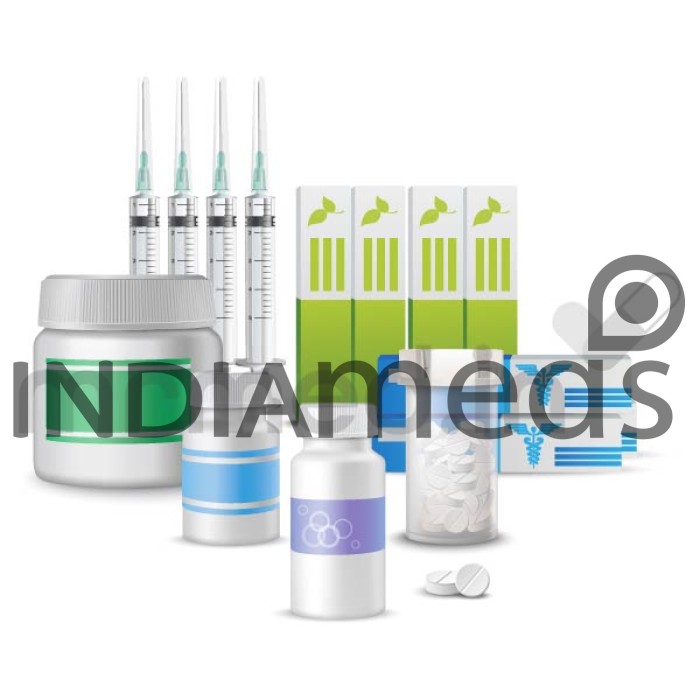



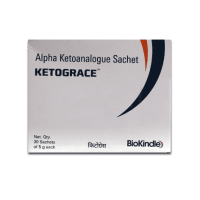
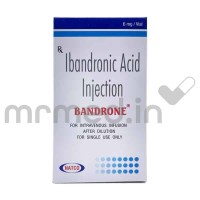
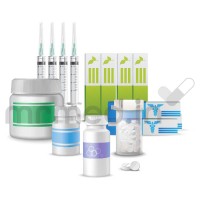
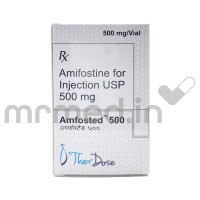

-200x200.jpg)

